Retro Replay Review
Gameplay
People Hate What They Can’t Understand offers a compact but thought-provoking gameplay loop built around two primary puzzle encounters. Each scene presents a surreal problem to solve in a strictly linear fashion, with the game guiding you through flashing symbols, color shifts, and cryptic prompts. The lack of explicit objectives means players must rely on intuition and pay close attention to subtle visual cues, making every solution feel like a personal discovery rather than a rote task.
(HEY YOU!! We hope you enjoy! We try not to run ads. So basically, this is a very expensive hobby running this site. Please consider joining us for updates, forums, and more. Network w/ us to make some cash or friends while retro gaming, and you can win some free retro games for posting. Okay, carry on 👍)
The puzzles themselves lean heavily into minimalistic design. You won’t find elaborate inventory systems or branching choice trees—just your direct interaction with shapes, patterns, and timing. This simplicity serves the game’s overarching surreal motif, encouraging experimentation over strict logic. At times, the mechanics border on abstract performance art, requiring only a single click or timed input to advance to the next moment of revelation.
Despite its brevity, People Hate What They Can’t Understand maintains a measured pacing that keeps tension high. The unexpected twists—two distinct moments where the intended puzzle solution backfires—underscore the title’s theme of misunderstanding and misinterpretation. By the time the credits roll, you’ll appreciate how even a short playtime can deliver lingering questions and a sense of enigmatic accomplishment.
Graphics
Visually, this game revels in its surreal aesthetic. The color palette oscillates between stark whites, deep blacks, and neon flashes that jolt you out of any complacency. While some players might find the rapid color changes disorienting, they perfectly echo the title’s exploration of confusion and wonder. Every screen feels like a canvas in motion, where form and hue collide to create an otherworldly atmosphere.
The minimalist UI reinforces the dreamlike presentation. On-screen elements appear only when they’re needed, then fade away, letting you focus entirely on the puzzle at hand. There are no health bars, timers, or cluttered menus—just purist interaction. This clean approach allows the game’s few graphical assets to shine, from simple geometric shapes to fleeting abstract animations.
Technical performance is rock-solid across its brief runtime. Load times are negligible, and the game maintains a steady frame rate even when the visuals intensify. Though it doesn’t push polygon counts or shader complexity, People Hate What They Can’t Understand demonstrates that strong art direction and consistent execution can make a modest budget stand out in today’s indie landscape.
Story
The narrative in People Hate What They Can’t Understand is almost entirely oblique, delivered through a promotional blurb that reads like avant-garde poetry. There’s no traditional exposition or character dialogue—just an invitation to ponder “the essence of mediocrity” and “battles against foes who oppose accomplishment.” It’s less a story you play through and more an experience you project your own interpretations onto.
This vagueness is both a strength and a potential stumbling block. On one hand, it invites philosophical reflection: What do the puzzles represent? Who is the solitary protagonist? What does it mean that “people will always hate what they can’t understand”? On the other hand, players craving clear narrative hooks or emotional character arcs may feel adrift. The game trusts you to fill in the blanks, so your mileage will vary depending on how much ambiguity you enjoy.
By the closing moments, the game’s central message crystallizes into a meditation on perception and resistance. The final twist—an inversion of your expectations—drives home the notion that clarity can breed contempt, and misunderstanding can spark defiance. It’s a compact narrative gamble that resonates long after you’ve left its digital realm.
Overall Experience
People Hate What They Can’t Understand is a striking example of how brevity, surrealism, and minimalism can combine to deliver a memorable slice of interactive art. Its gameplay challenges and visual design serve a unified thematic purpose, rather than existing as disjointed features. Though some will find its puzzles too abstract or its story too cryptic, those who embrace the uncertainty will discover a rich, interpretive experience.
This title is best suited for players who enjoy experimental indie games, art-house presentations, and puzzles that reward creative thinking over mechanical dexterity. If you’re looking for a quick dive into philosophical abstraction—a game that sparks conversation rather than handing you definite answers—you’ll find plenty to appreciate here.
While not universally accessible, People Hate What They Can’t Understand stands out as a bold entry in Kafeithekeaton’s “Open Surreal Game Challenge.” It may only take 10–15 minutes to complete, but its enigmatic design ensures that the questions it raises linger far longer. For anyone intrigued by interactive surrealism and willing to tolerate a bit of confusion, this short journey is well worth the ticket price.
 Retro Replay Retro Replay gaming reviews, news, emulation, geek stuff and more!
Retro Replay Retro Replay gaming reviews, news, emulation, geek stuff and more!
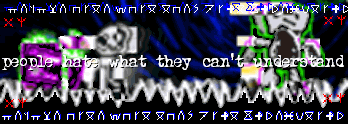
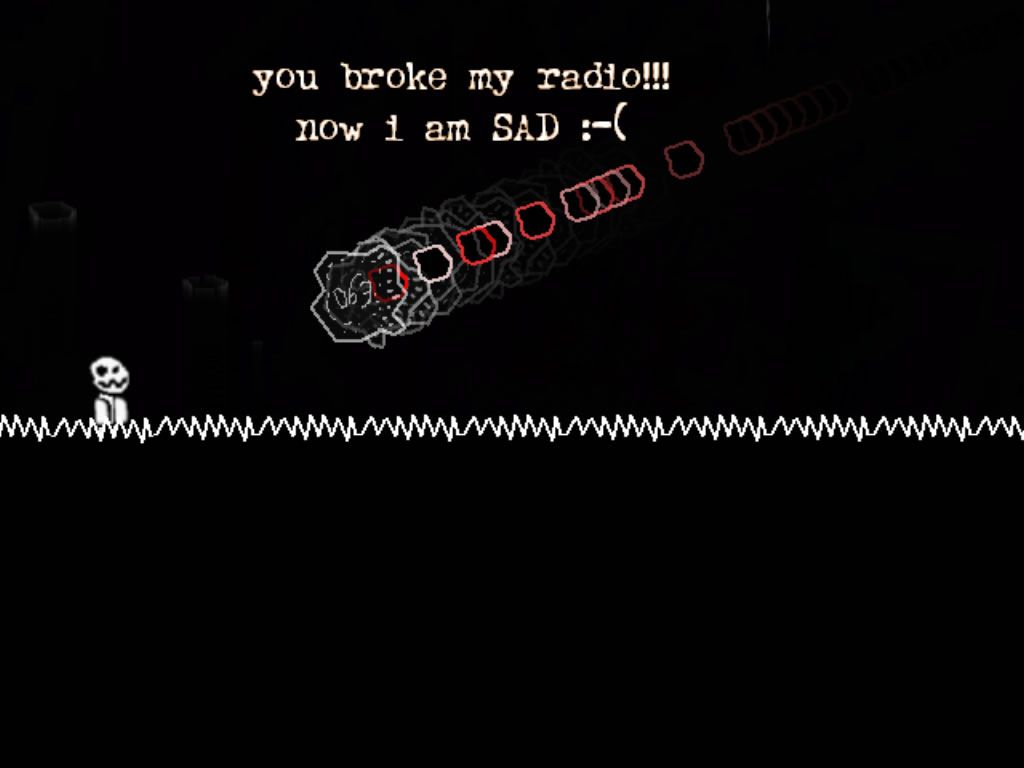
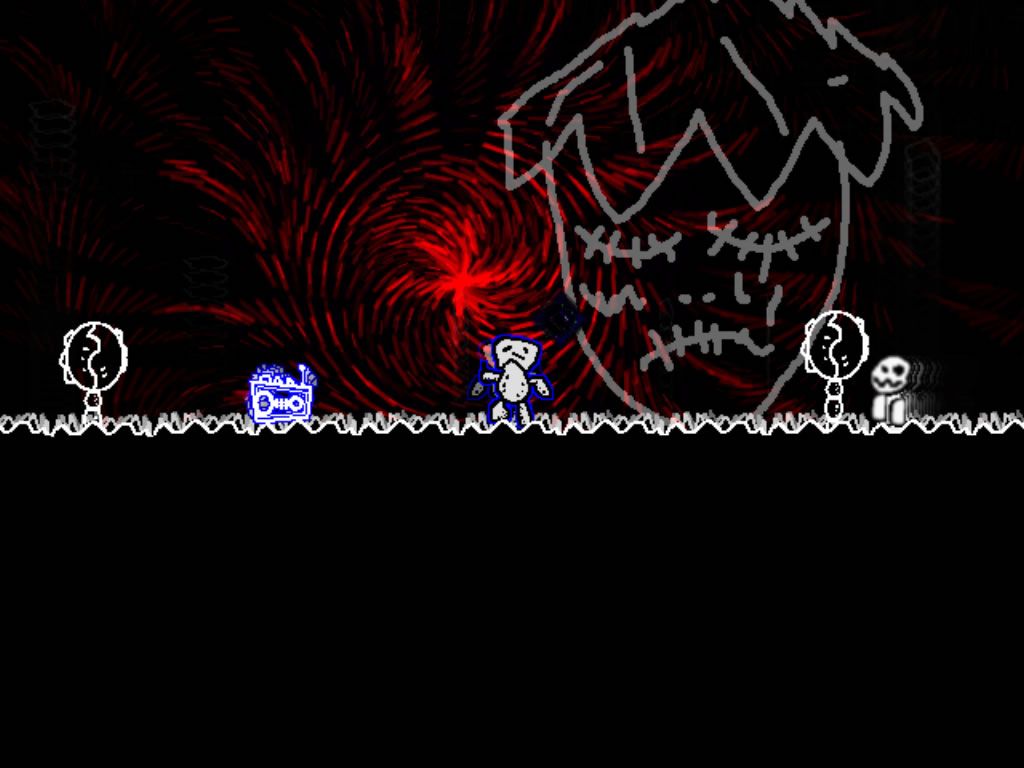
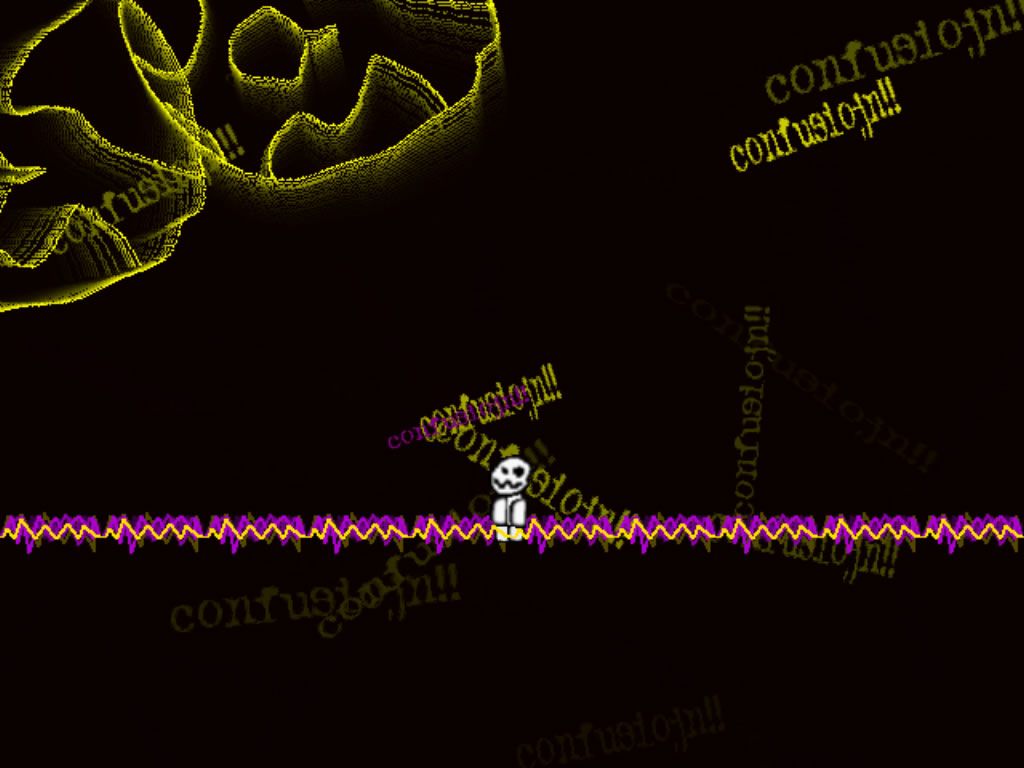
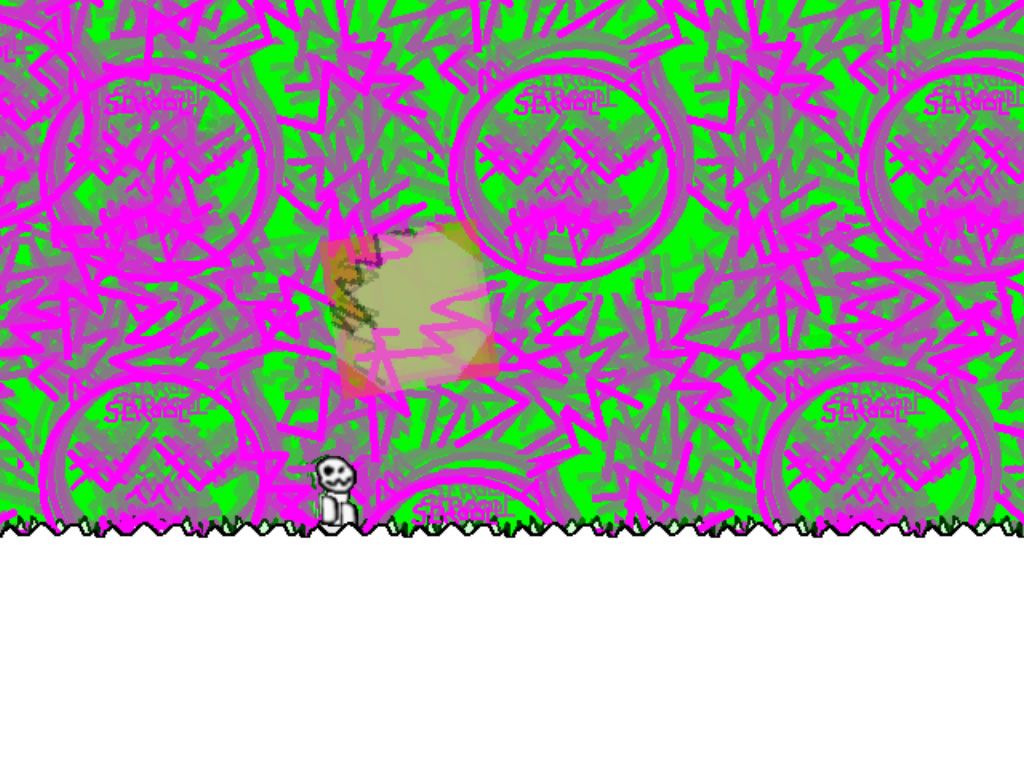



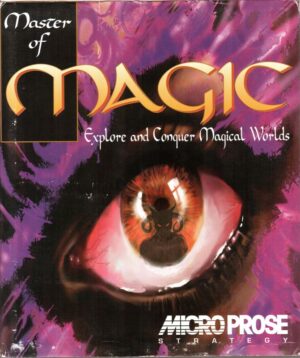
Reviews
There are no reviews yet.